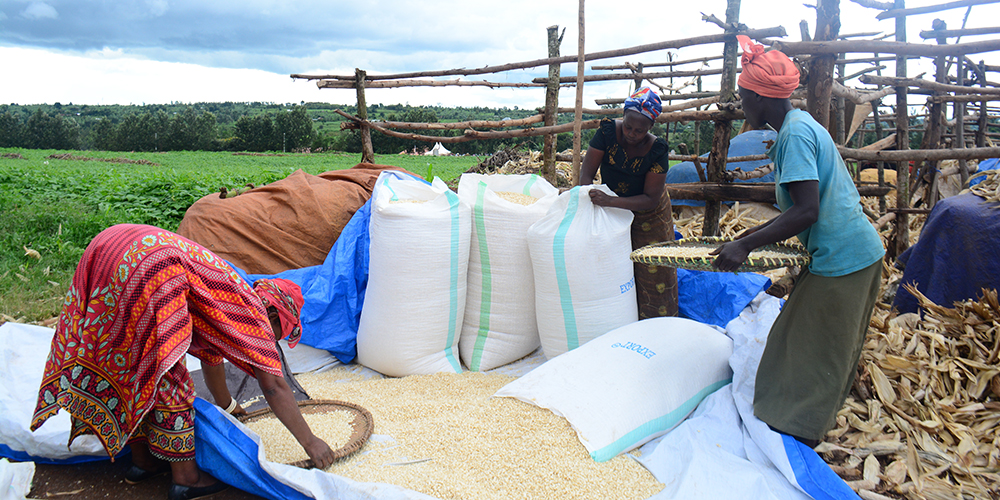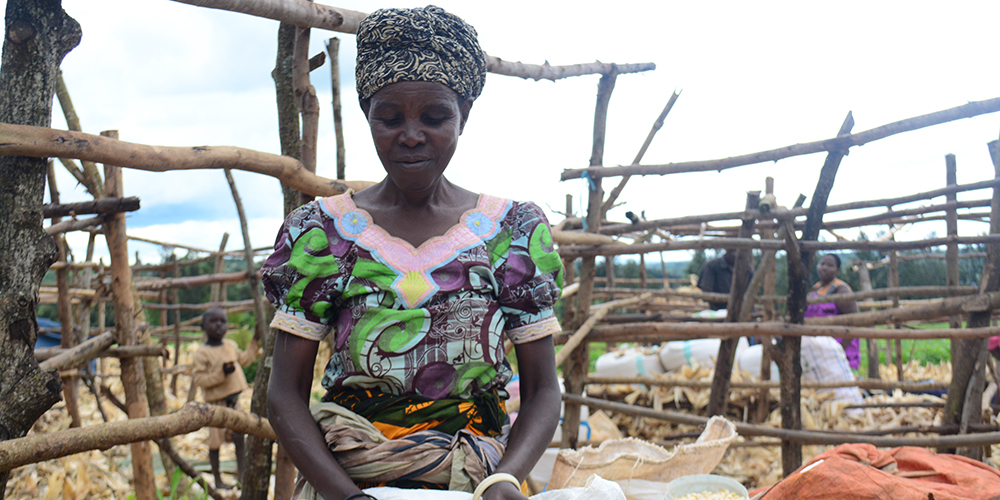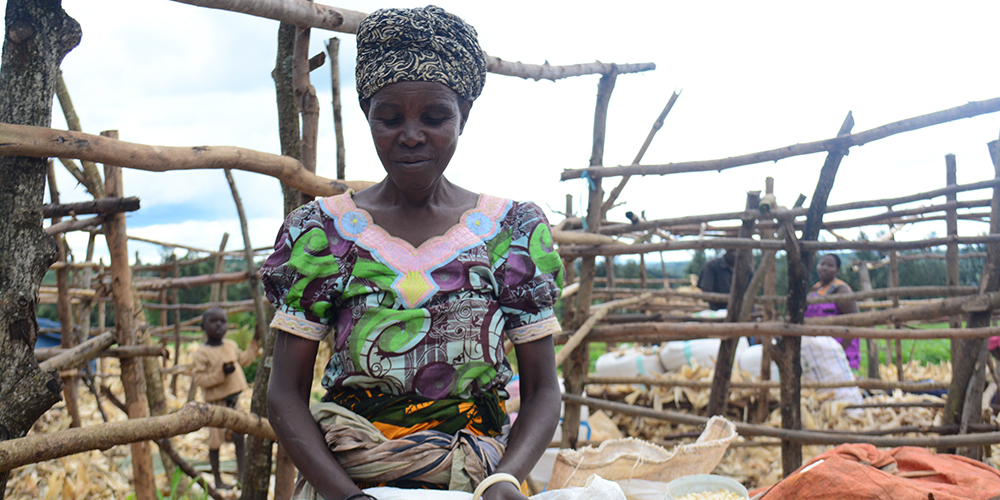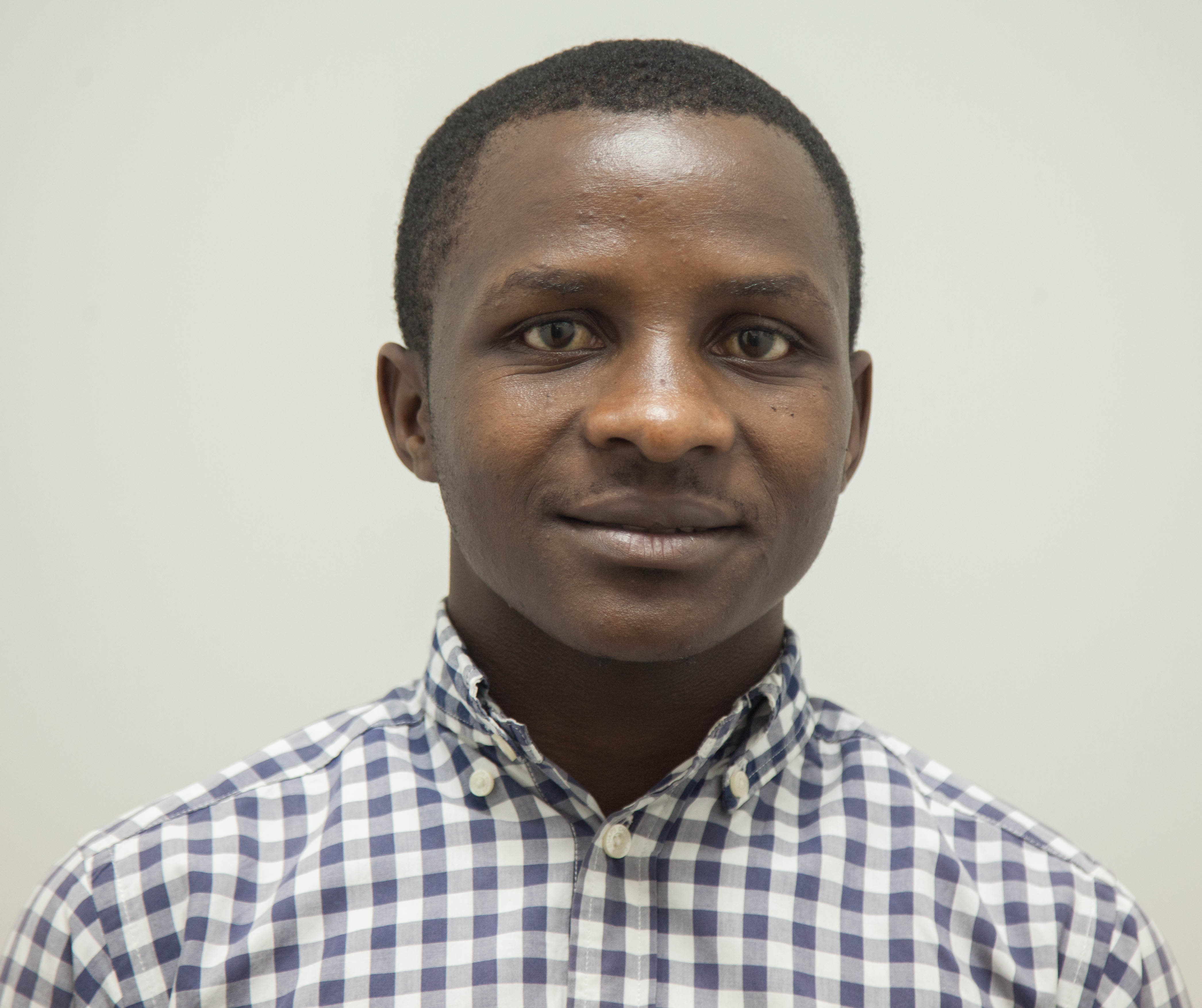
Women farmers prepare their harvest.

A farmer sorts the grain. Photos by Frederic Byumvuhore

A farmer sorts the grain. Photos by Frederic Byumvuhore

